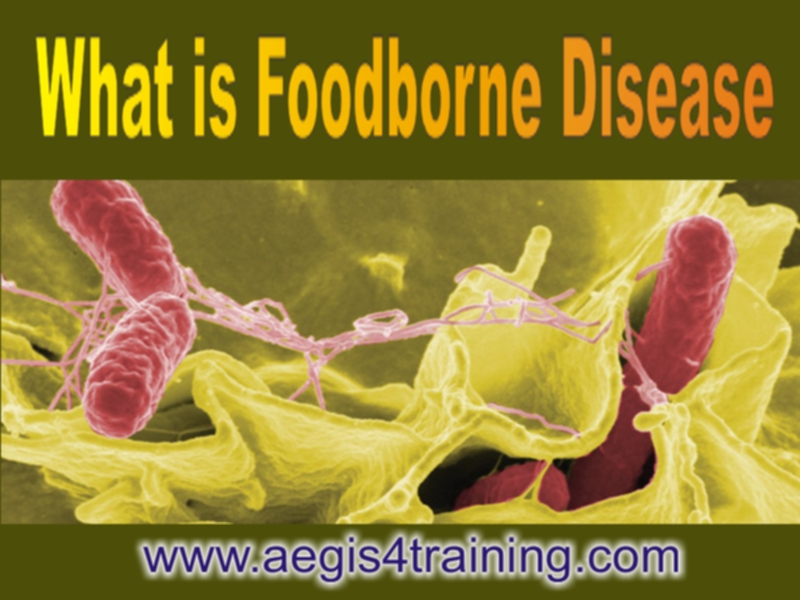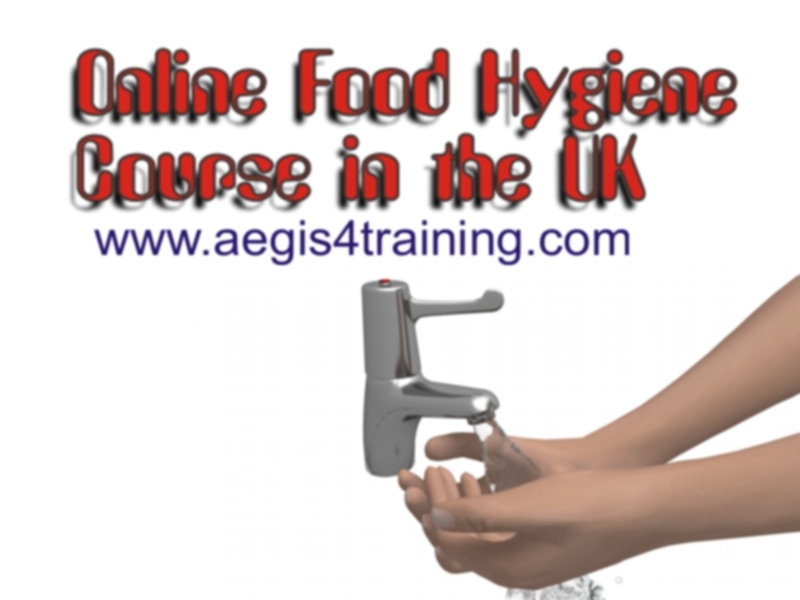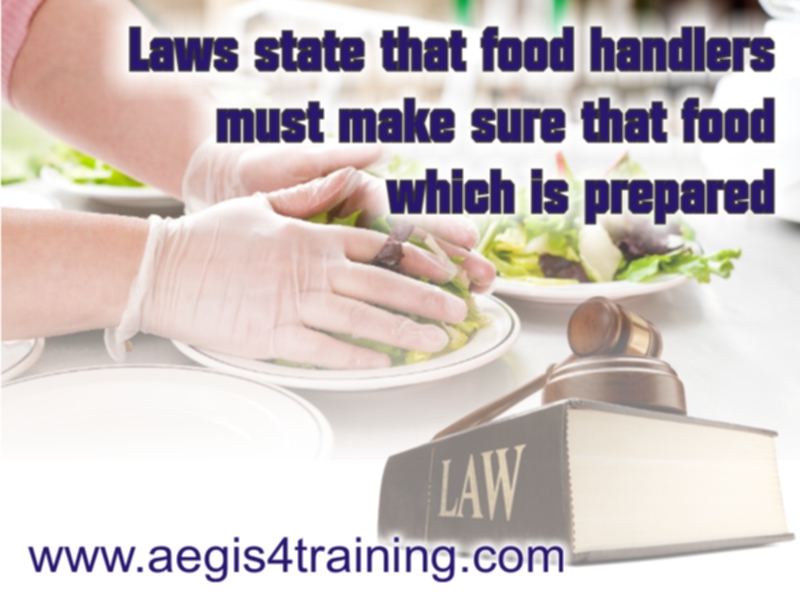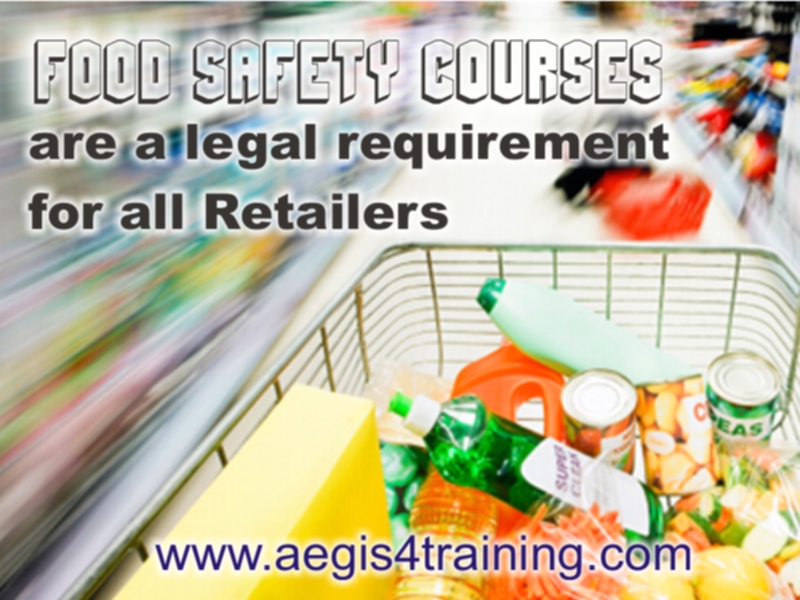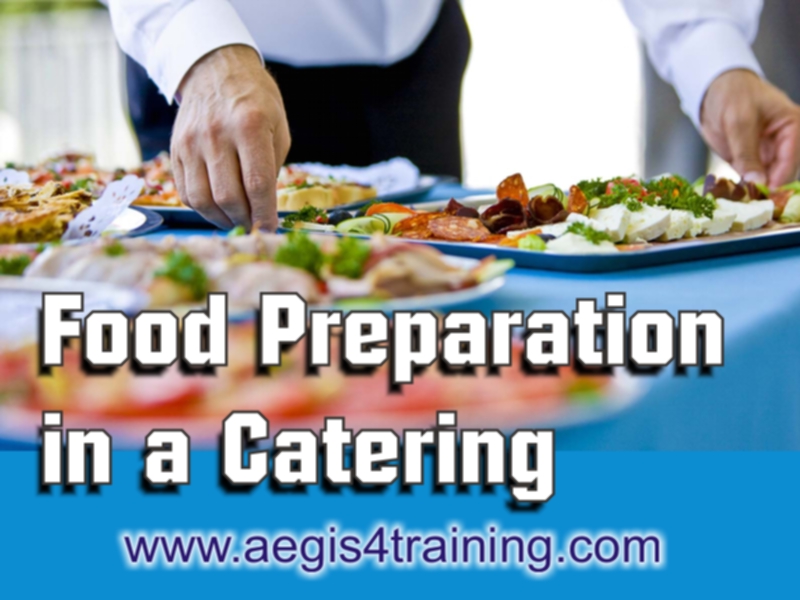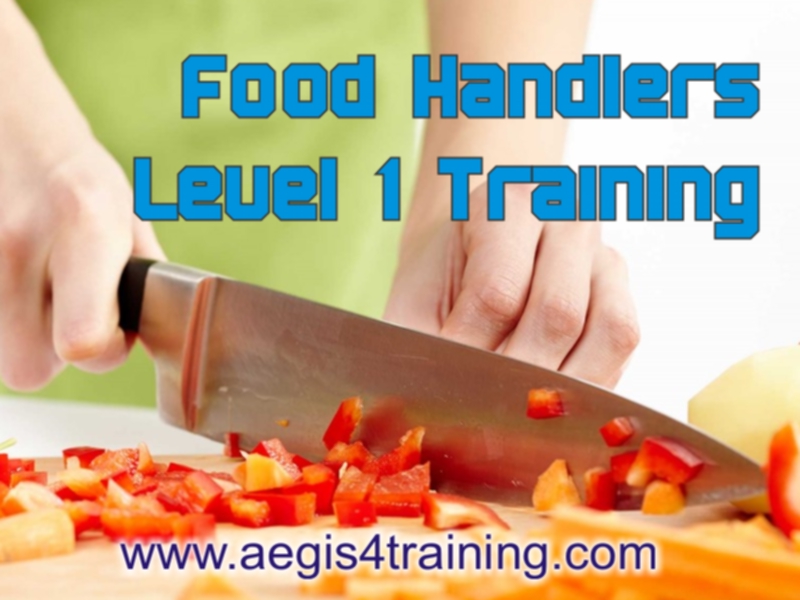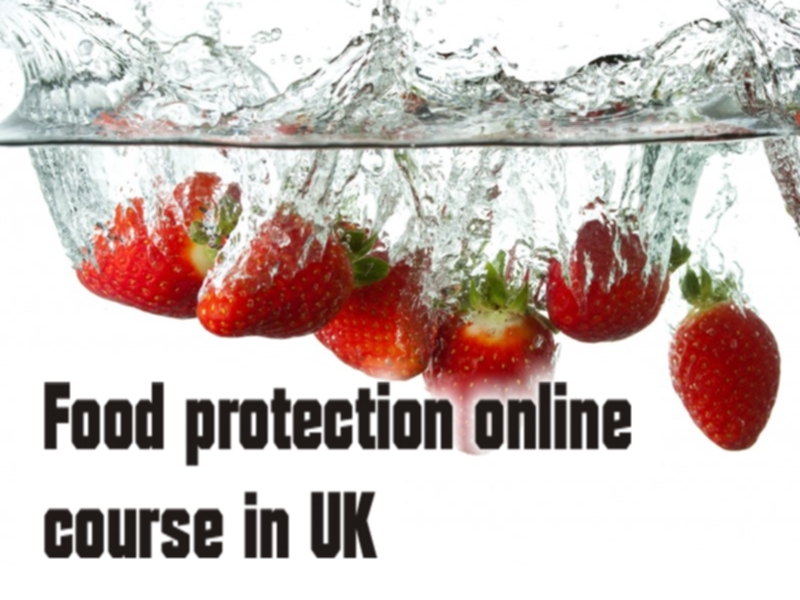Importance of food and handling training
In the commercial kitchen, there should be no reason for handling food in an unsafe manner.
Workers must know why food safety is important and the only way to do that is through training.
Through training, food handlers gain important knowledge and skills that not only protect the public,
themselves and their families from illness, but prepare them to take advantage of opportunities for
thousands of jobs available in the foodservice industry. Employers who are hiring staff see well-trained
food handlers as more desirable and more valuable employees.
Because foodborne illness and outbreaks can occur so easily, food handler training is required by law in
many states. That means that employees may not handle food without valid proof of training. In addition,
many states require food handlers to keep their food handler cards current by renewing them at legally
defined intervals.
Foodborne illness is caused by consuming food or drink that is contaminated by germs. Perhaps
the food was not fully cooked or left out at room temperature. Perhaps someone who handled the
food was sick or had germs on their hands. Even the simplest errors in food handling can cause
someone to get a foodborne illness, and when this happens to two or more people, it is called a
foodborne outbreak.
Educating food handlers is the best way to protect the public, food handlers themselves, and their
families. Properly trained food handlers can improve food safety and reduce risks and behaviors
commonly associated with foodborne illness and outbreaks.
Here are several reasons why it is important to train staff in safe food handling practices:
Training helps with quality control. Food safety is a huge part of quality control and less
food will be wasted due to spoilage or contamination when staff are properly trained.
The workers are the ones actually handling food. Since restaurant staff are the ones
actually handling and preparing the food, it is important that they do so in a safe manner. This
protects both employees and customers from harmful bacteria.
Behavior will change. The best way to ingrain proper procedures into people is to change
their behavior. Training and regularly applying those food safety training principles will
eventually change the way staff handle and look at food to the extent that safe food handling
just becomes second nature.
Reduce the risk of food poisoning. Person-to- person contact is the number 1 method for
transfer of harmful bacteria. Workers who are properly trained in safe food handling practices
will be less likely to be the source of bacterial contamination.
It is a health code requirement. Currently, the only restaurant workers who need to be food
safety certified are managers, but the FDA Food Code does stipulate that all restaurant staff
need to have a working knowledge of food safety. What constitutes “working knowledge†is
left up to the local health departments to decide. Chances are the health inspector will ask
employees what safety measures they are using and maybe why those measures are
important.
Employees can gain a better appreciation for their jobs. After so long, preparing food in a
commercial kitchen can become monotonous, and employees may begin to question why
they have to do things a certain way. Food safety training teaches workers why safe food
Importance of food and handling training
handling is important. Once they realize that they are directly responsible for the health and
safety of the customers, their jobs may feel a little less monotonous.

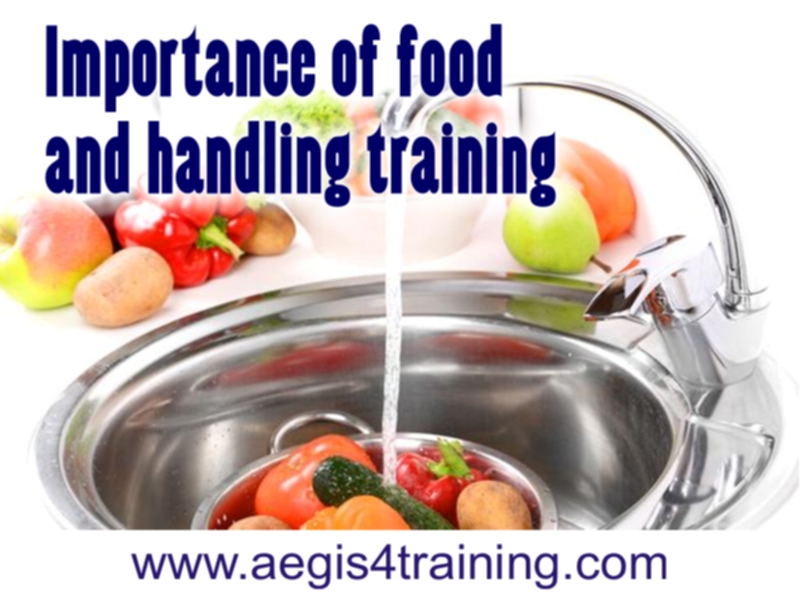
 Food business operators are required by law, to ensure that food handlers receive appropriate supervision and instruction/training in food hygiene in line with their work activity and should enable them to handle food safely.
Food business operators are required by law, to ensure that food handlers receive appropriate supervision and instruction/training in food hygiene in line with their work activity and should enable them to handle food safely.